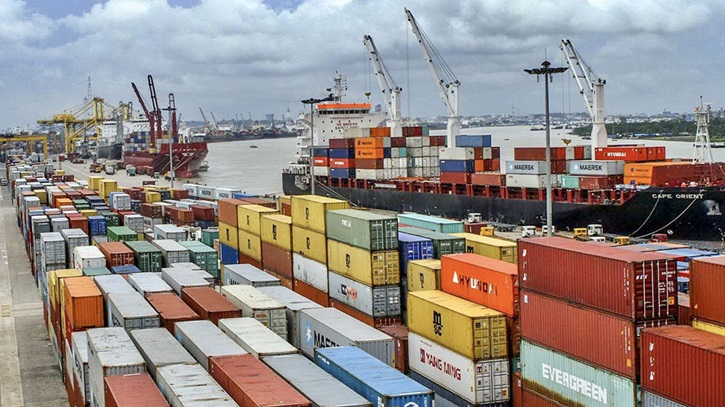The government has raised tariffs at Chittagong Port by an average of 40 percent, sparking concern among traders and shipping agents over rising costs of business.
A gazette notification issued Monday made the new charges effective from September 15. This is the first major revision since 1986, though a partial adjustment was made in 2008.
The Finance Ministry had approved the revised schedule on July 24, following a proposal from the Ministry of Shipping. Despite objections from port users during an August 25 meeting, the final gazette carried no changes to the rates.
Under the new schedule, charges for loading and discharging containers have risen sharply. A container under 21 feet will now cost $68, up from $43, while containers over 21 feet will cost $102, compared with $65 earlier. Charges for 40-foot containers have jumped to $115.
Less-than-Container Load (LCL) charges have also increased steeply, with a 21-foot container now costing $204, up from $130. Rates for empty containers have been revised upward as well.
Port dues per gross register tonnage (GRT) have increased from $0.241 to $0.306. Pilotage charges for a 10,000 GRT vessel have more than doubled—from $357.75 to $800—while tugboat charges, berth shifting fees, crane use, dredger hire, and jetty entry fees have all seen sharp hikes.
One of the steepest increases came in gate entry fees: a temporary gate pass now costs Tk 100, up from Tk 25, while entry for trucks, trailers, and covered vans has risen to Tk 200 from Tk 12.5.
Industry insiders fear the impact will be far-reaching. “The charge hike will raise export and import costs and ultimately the consumers will suffer,” said the chairman of the Bangladesh Shipping Agents Association.
Port users had earlier requested that the hike be limited to 20 percent, warning that higher rates would add to inflation and increase the cost of doing business. But their concerns went unheeded.






